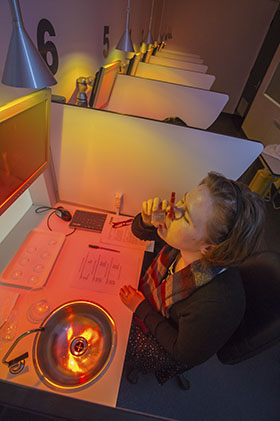Australian scientists have disputed soft drink manufacturers' claim that the use of caffeine in soft drinks improves taste, and called for tigther control on its usage.

This comes after a study conducted by researchers from Deakin University's Centre for Physical Activity and Nutrition Research (C-PAN).
During the study, researchers have found that caffeine does not improve the taste, but increases the consumption of soft drinks as the substance is addictive.
According to a study published in the British Journal of Nutrition, people drinking caffeinated drinks consumed much more than those who drank the non-caffeinated equivalents.
As part of the C-PAN study, around 99 participants, aged 18-30, were reviewed by randomly assigning them to either a caffeinated or non-caffeinated soft drink group.
Figures released by the study show that participants in the caffeinated drinks group drank 419ml per day, significantly more than those in the non-caffeinated group, which drank 273ml.
Deakin University associate professor Lynn Riddell said: "This research supports the ongoing need for caffeine to be tightly regulated as an additive in the food supply, as it appears an ingredient for overconsumption.
"The increasing consumption of nutrient poor, high energy foods and drinks is a major contributor to the continuing problems of overweight and obesity."
Image: Taste testing in Deakin's sensory lab. Photo: courtesy of Deakin University.





